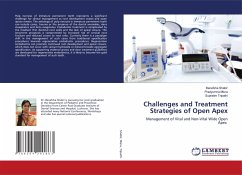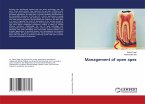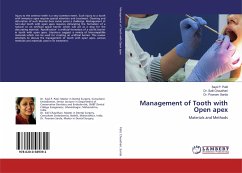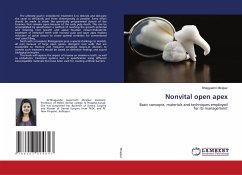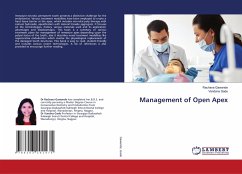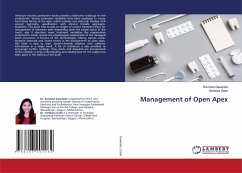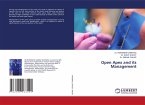Pulp necrosis of immature permanent teeth represents a significant challenge for clinical management as root development ceases and open apices remain. The aetiology of pulp necrosis in immature permanent teeth can include caries, trauma or the presence of the dental anomalies, dens invaginatus and dens evaginatus. Endodontic treatment is complicated by the resultant thin dentinal root walls and the lack of apical closure. The long-term prognosis is compromised by increased risk of cervical root fracture and reduced crown to root ratio. Currently there is a paradigm shift in the management of such cases from traditional apexification procedures towards regenerative endodontic procedures. Regenerative endodontics can promote continued root development and apical closure, which does not occur with calcium hydroxide or mineral trioxide aggregate apexification. As supporting evidence grows and clear treatment guidelines are developed for regenerative endodontics, it is likely to become the gold standard for management of such teeth.
Bitte wählen Sie Ihr Anliegen aus.
Rechnungen
Retourenschein anfordern
Bestellstatus
Storno

